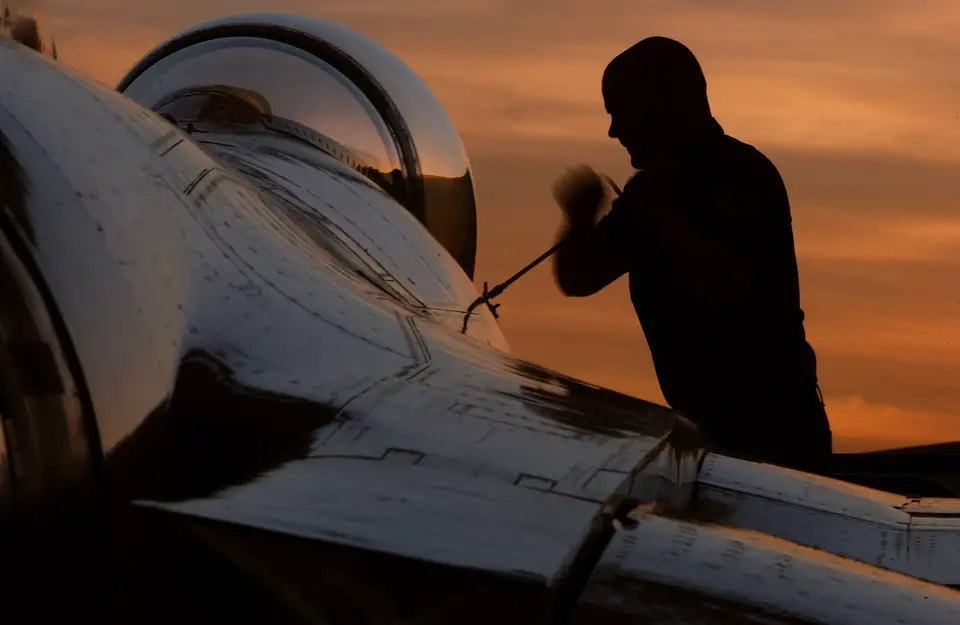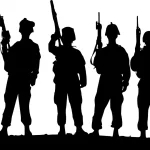
As Poslovni Dnevnik/Darko Bicak writes on the 7th of September, 2020, among the countries that have assessed that they don’t need to maintain a jet air force are Slovenia, Iceland, Ireland, Luxembourg, Estonia, Lithuania, Latvia and others. But what of the seemingly endless saga surrounding Croatia’s fighter jet purchase?
Although only ten days ago it seemed that Croatia had officially given up on the fighter jet purchase, it has become a top political and media topic over recent days yet again. Namely, after the failure of the deal to procure the somewhat infamous F-16 Barak from Israel earlier this year, the plan was to select the best bidder in May, and then sign a contract with the best bidder until the planned parliamentary elections in late autumn, at least in theory. However, the coronavirus crisis and the consequent economic issues which are still developing initially extinguished such plans, and in April, due to the intervention budget revision, the Government announced that it was giving up on continuing the VBA procurement process ”for now”.
The situation with the fighter jet purchase and the saga which goes with it hasn’t disappeared entirely, especially not after former and current Prime Minister Andrej Plenkovic took an unexpectedly high victory in the early parliamentary elections. The position of Minister of Defense was taken up by the relatively unknown Mario Banozic, instead of retired General Damir Krsticevic, who went into political isolation. Namely, in his inaugural speech at the end of July, Banozic pointed out that he expects that by the end of the mandate of this government, ie in mid-2024, a decision will be made on the best fighter aircraft bidder.
An agreement has already been signed with neighbouring Hungary, which protects the Croatian skies at night with its Gripen, because Croatia’s MiG-21s allegedly cannot fly at night. In the event that Croatia can no longer have this performed, this more or less formal task at the request of NATO, the Hungarians, and perhaps some other allies, primarily the Italians, would take over the daily surveillance of Croatian airspace.
This principle of Allied assistance for air policing, free of charge based on the principle of solidarity, is applied by about 10 smaller, not necessarily poorer, NATO members who have assessed that it is too expensive or unnecessary for them to maintain a jet air force – Slovenia, Iceland, Ireland, Luxembourg, Estonia, Lithuania, Latvia, Albania, Montenegro, and North Macedonia.
In August, news arrived that the National Assembly in France was discussing aid to its military industry Dassault and where, among other things, it was mentioned that France would deliver a number of its used Rafale fighters to Croatia. The news was received globally with astonishment because the French hadn’t sold a used Rafale to anyone so far, and the aircraft has been operational since back in 2000. The fact that France is serious about the expansion of its faltering aviation industry was shown last week when, due to the latest Greek-Turkish crisis, an offer came from Paris to deliver 18 Rafales, 10 of them newly produced, as well as eight used ones would come as a donation. Knowing about the pro-European orientation and ambitions of Croatian Prime Minister Plenkovic, to many this option with the French didn’t seem like mission impossible at all.
An unimaginable investment
However, last week, the Croatian public was further agitated by the news that an unknown American company had offered Croatia used American F-16s at a “reasonable” price of about 10 million dollars per piece and the possibility of an advanced upgrade, for which they allegedly have all US government approvals.
These are relatively old 1990s Block 20 aircraft that were certainly made for Taiwan, 150 of them, because no one else used the Block 20, but which are supposedly in solid condition and could be upgraded to the Block 50 standard. / 52. The offer provides the possibility of purchasing 12 to 30 aircraft. It isn’t entirely clear whether this offer really arrived in such a form, but the fact that things are indeed happening here has been confirmed by the nervous appearance of Minister Banozic, who didn’t deny the news but attacked its source, the Obris portal and its owner Igor Tabak, whom he described as ” a self-proclaimed military analyst”, among other things.
In addition to the above, Vecernji list failed to get specific information from the US Embassy in Zagreb on the topic of the fighter jet purchase. It is certain that something serious is being prepared in regard to the aircraft and it is possible that sme decisions may have already been made, although they have of course not publicly disclosed. In true Croatian fashion, we have once again come full circle and returned more or less back to the very beginning of the fighter jet purchase saga which seems to just keep getting more and more chapters to it.
Just who will pay for all of it and with what money in a situation like this? Croatia is preparing for a major or minor economic collapse that will mean a 15-20 percent drop in GDP per quarter, tens and maybe hundreds of thousands of laid off workers, a health care system that is bursting at the seams because of the pandemic and debts measured in billions of kuna, not to mention the earthquake which has forced many Zagreb residents to live in demolished or dilapidated apartments waiting for help and reconstruction.
For the latest travel info, bookmark our main travel info article, which is updated daily.
Read the Croatian Travel Update in your language – now available in 24 languages
Join the Total Croatia Travel INFO Viber community.








